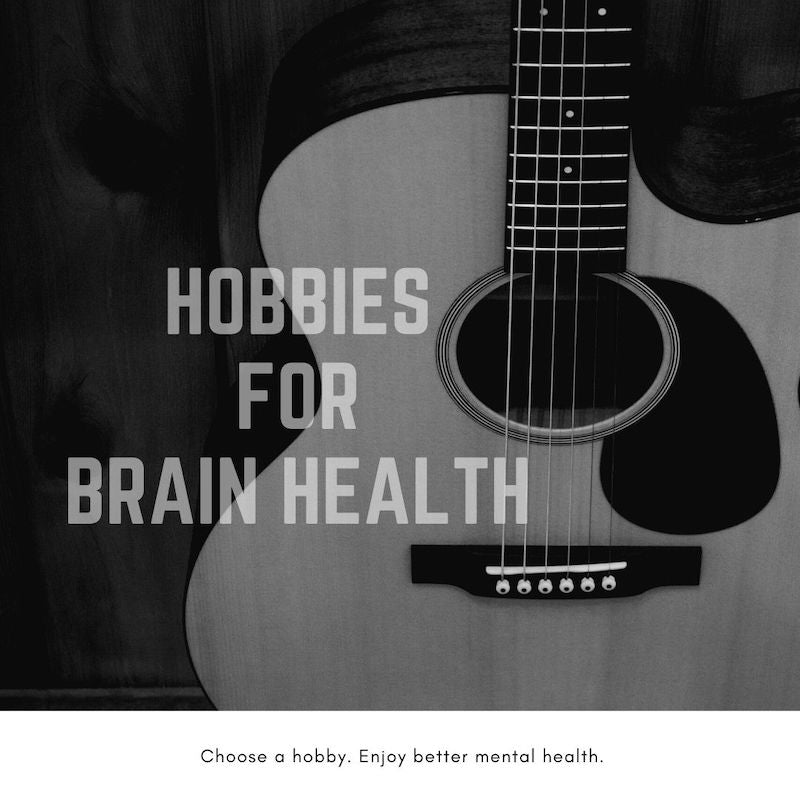
Hobbies for Brain Health
(Written by Mina Dilip, Psychologist)
Mental health and well being are being discussed a lot nowadays. However, many people are unaware that depression and anxiety are real – these are illnesses, just like typhoid or jaundice, replete with their own symptoms, treatments and prognoses. Yet, when someone is depressed, they are advised to “shake it off” or “just get on with it”. What people fail to understand is that depression can be debilitating, preventing the person from being able to do anything. Mental illnesses need to be handled just like any other medical condition – with the right kind of diagnosis, treatment and recovery.
Having said that, let us look at a supportive and preventive measure that might help to enhance brain health. By no means should this be considered a substitute for professional intervention and treatment. Rather, it can be used as a supplemental measure along with the prescribed treatment and therapeutic methodologies.
One of the most effective ways of ensuring good brain health is the pursuit of a hobby or a creative interest. Renowned neuroscientist Jaak Panksepp proved through his research that the impulse to play and be creative originates in a very primitive part of our brain, which is also responsible for our other survival functions like eating, sleeping and sex. This goes to prove how important it is to remain playful in order to survive.
As children, we engage in play naturally, because it is our instinctive language of communication. However, as we grow older, we begin to lose touch with the playful aspects of ourselves and this is reinforced culturally. Our culture places too much emphasis on logic, reasoning and other left-brained activities, while emotions, play and creativity (which are predominantly functions of the right hemisphere of the brain) take a backseat. This results in a toxic buildup of stress, leading to various mental health problems.
To combat this, one of the simplest solutions is to develop a hobby or interest that can re-ignite the playful part of our brains and lead to hemispheric integration. Engaging in a hobby leads to higher levels of endorphins (feel-good hormones) and neurotransmitters (brain chemicals) like serotonin and dopamine in our bodies and brains, which in turn promote better physical and mental health. Hobbies may be of three types:
- Cognitive
- Physical
- Mindfulness-based
Examples of cognitive hobbies include reading, writing and poetry. Researchers like John Ridley Stroop have identified specific activities that help measure cognitive flexibility, processing speed, and executive functions of the brain. People who pursue cognitive hobbies tend to score better in all of the above areas.
Physical hobbies include all kinds of sports, dance, martial arts, etc. Physical movements with the arms and legs that cross an invisible line that separates the right and left sides of the body can get both brain hemispheres activated, resulting in the development of bilateral coordination. Greater hemispheric integration in the brain leads to better problem solving skills, enhanced memory and a higher emotional quotient.
Hobbies like meditation, mindful colouring and other artistic pursuits that involve the breath and focusing one's awareness on the present moment, help in improving concentration and focus. This is considered to be a meta-cognitive approach to improving brain health, and is proven to reduce anxiety and stress levels.
So what are you waiting for? Choose a hobby, and enjoy better health!



Leave a comment
This site is protected by hCaptcha and the hCaptcha Privacy Policy and Terms of Service apply.